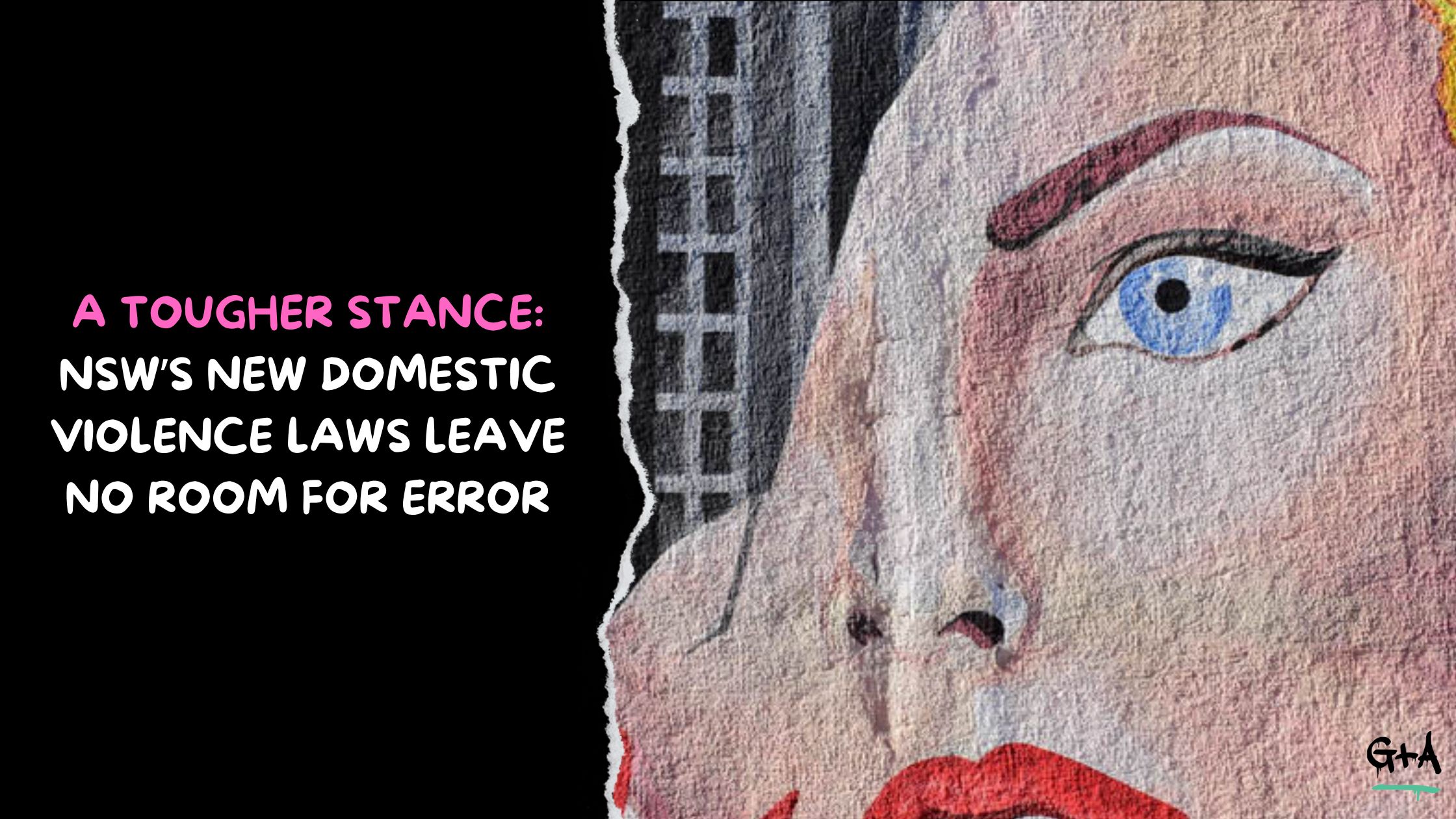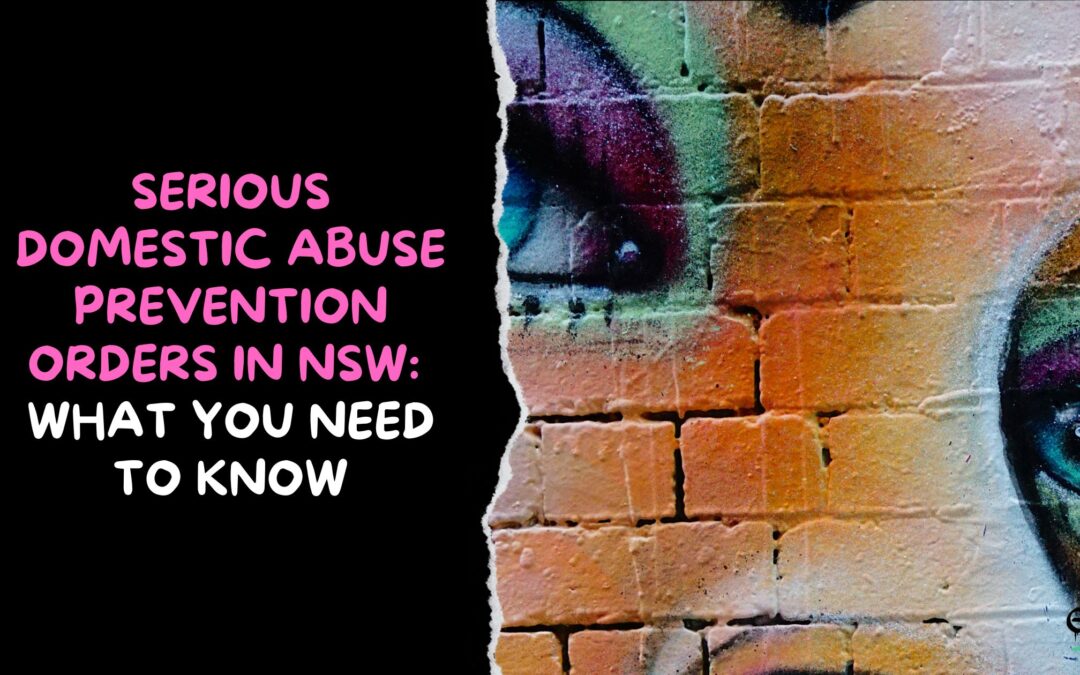New South Wales has once again tightened its laws on domestic violence, aiming to send a clear message to perpetrators and provide stronger protections for victims. But as these harsher regulations take effect, questions arise about their real impact and whether they strike the right balance between justice and fairness.
The latest amendments include stricter penalties for breaches of Apprehended Violence Orders (AVOs) and broaden the scope of what constitutes a domestic violence offence. Proponents of the changes argue that they’re long overdue, especially in a state where domestic violence remains a pervasive issue. However, critics caution that these tougher laws may come with unintended consequences, especially for those caught in complex and contentious disputes.
The New Rules of Engagement
Under the new laws, the penalties for breaching AVOs have increased, with tougher sentencing aimed at deterring repeat offenders. The changes also expand the definition of what constitutes “domestic violence” to include more forms of coercive and controlling behaviour. It’s a shift designed to give courts the ability to intervene earlier and more effectively, reflecting growing awareness of the psychological dynamics often present in abusive relationships.
For many advocates, this is a welcome development. The hope is that the changes will offer better support for those seeking to escape abusive situations. However, as with any legal reform, the devil is in the details. How these laws will play out in courtrooms across NSW remains to be seen, and there are concerns that they could be misused, particularly in cases where allegations are complex and multifaceted.
Justice or Just Too Much?
Supporters of the harsher penalties argue that the changes are necessary to hold offenders accountable. In a climate where domestic violence is increasingly visible in the public eye, the demand for stronger responses is louder than ever. Yet, as the legal definitions expand, so too does the risk of unintended fallout. Some legal experts worry that broadening what counts as domestic violence could see individuals caught up in the system over minor or non-violent disputes.
The challenge lies in ensuring that the law remains a tool for protection, not punishment. With more cases likely to enter the courts under the expanded criteria, will the legal system be equipped to handle the nuance required? Or will these changes put extra strain on an already burdened judiciary, risking justice for both victims and those accused?
A Sign of the Times
The new laws in NSW reflect a broader shift toward addressing the complexities of domestic violence, where power dynamics and control are often just as damaging as physical harm. But as these legal changes take root, they bring with them the need for a nuanced approach—one that ensures victims are heard while also safeguarding the principles of justice.
For now, the state’s stance is clear: domestic violence will not be tolerated, and those who violate the law will face the full weight of the system. How effective this toughened approach will be in practice, and what it means for families navigating the complexities of the law, remains an open question. As always, the true test will be in how these laws play out in the everyday realities of those they are meant to protect.




